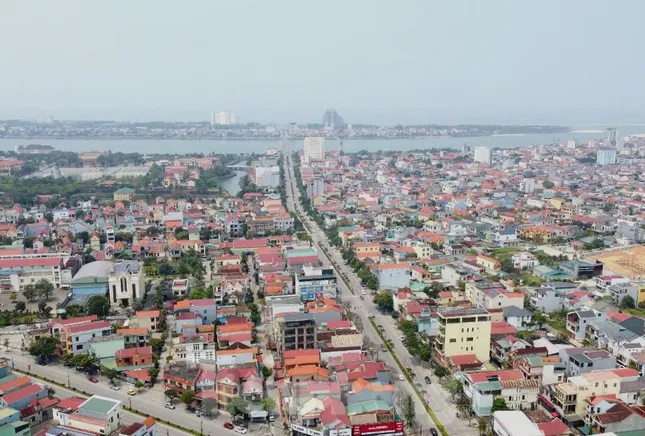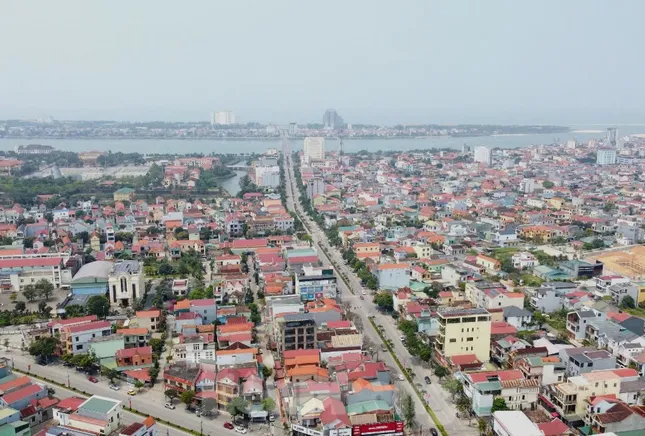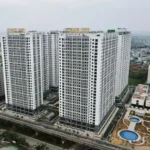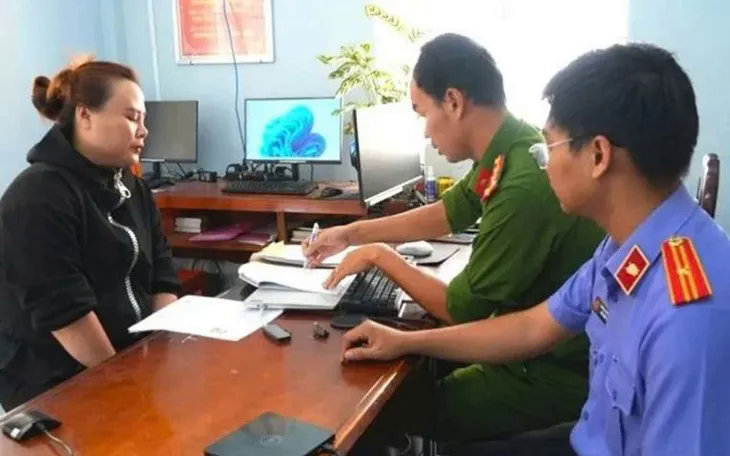On June 10th, Tran Huu Hung, Director of the Quang Tri Department of Construction, announced that approximately 1,194 officials from Quang Tri province are expected to require housing arrangements in Quang Binh province following the merger of the two provinces.
Prior to this, the construction departments of both Quang Tri and Quang Binh provinces conducted a joint survey of potential housing facilities in Dong Hoi city, Quang Binh province.
“The inspection revealed 11 suitable properties in Dong Hoi that could be utilized as official housing. Of these, three properties are almost ready to accommodate 137 rooms, while the remaining eight properties require renovation to provide an additional 528 rooms,” said Mr. Hung.

Dong Hoi city (Illustrative image)
Currently, Quang Tri province has a total of 6,836 officials working in various government agencies, specialized agencies, and units under the provincial People’s Committee, as well as socio-political organizations and the provincial People’s Council and National Assembly Delegation Office. Out of these, 1,194 officials are anticipated to relocate to Quang Binh and will need housing accommodations.
According to Mr. Hung, the expected housing supply to meet the demands of Quang Tri officials relocating to Quang Binh includes 665 rooms in official housing and 459 rental units. However, this supply falls short of the required number of accommodations.
The Quang Tri Department of Construction has requested the People’s Committee of Quang Tri province to urge the Steering Committee for the Merger of Administrative Units of Quang Binh and Quang Tri provinces to promptly finalize the plan for official transfers in phases.
This phased approach will enable the construction departments of both provinces to accurately determine the number and requirements of official housing for the relocating officials, ensuring a smooth transition to their new workplaces. Additionally, it will help maintain stability in the officials’ lives and address their children’s education needs during the relocation process.
In the event that the current capacity for official housing falls short or the arrangement does not suit family circumstances, the Steering Committee is advised to consider providing financial support within the scope of the provincial budget. This will enable officials to choose rental options that best fit their individual situations.
Furthermore, it is recommended that the People’s Committee of Quang Binh accelerate the renovation and repair of housing facilities to align with the timeline of the provincial merger. This will ensure that the housing needs of the relocating officials are met, and the transition process is seamless.
The People’s Committee of Quang Binh should also instruct investors to expedite the development of social housing projects to meet the demands of officials and local residents. Additionally, measures should be implemented to prevent real estate speculation and control rental prices in the province.
Lastly, it is suggested that the Steering Committee for the Merger of Quang Tri and Quang Binh provinces propose to the Government to allocate funds for the construction of social housing and implement policies for rent-to-own or direct purchase options for officials at the new administrative center in Dong Hoi city.
A Race Against Time: The Prime Minister’s Call to Action for a Housing Revolution
Prime Minister Pham Minh Chinh has urged ministries, sectors, and localities to take more drastic and expeditious measures to essentially fulfill the goal of eliminating makeshift and dilapidated houses nationwide by August 31, 2025. He particularly emphasized the need to prioritize housing support for families of fallen soldiers and revolutionaries, setting a deadline of July 27, 2025, for this aspect.
“The Bright Side of Quang Binh’s Economy: A Snapshot of Encouraging Growth Indicators”
“The economy of Quang Binh province thrived in the first five months of 2025, showcasing robust growth across key sectors. From industrial production and trade to tourism and public investment, the region witnessed a remarkable transformation with significant improvements in various economic indicators.”





















